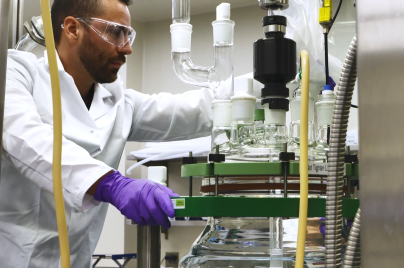Biomarker testing may help inform treatment decisions in certain cancers
An oncologist explains why cancer biomarkers may provide more precise information about a person's cancer
December 5, 2023
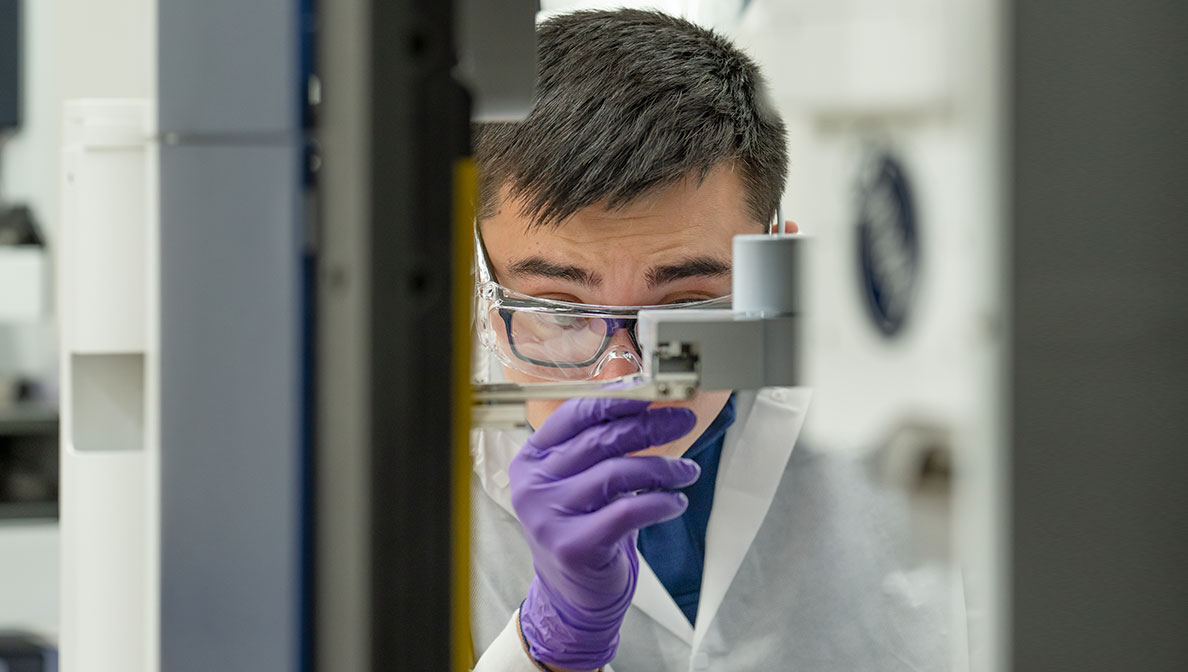
Over the past 20+ years, there’s been an evolution in how we think about cancer. Cancer biomarkers — substances produced by tumor cells that reflect unique features of a tumor — can change the approach to certain cancers.
Advances in biomarker testing may help inform treatment decisions
It wasn’t long ago when conversations were about simply “breast cancer” or “lung cancer.” Now, physicians can get a lot more precise.

“We’ve come to understand that two people with the same type of cancer may have differences in the specific changes in the genes, proteins and other substances that may allow cancer cells to grow and spread.”
- Dr. Scott Pruitt
Associate vice president, early-stage development, clinical oncology, Merck Research Laboratories
“The field of breast cancer research was arguably the first to realize that there are multiple cancer subtypes and that biomarker testing could help inform therapy,” said Pruitt.
In the treatment of breast cancer, understanding various tumor biomarkers and pairing that understanding to help guide selection of relevant medicines has helped physicians evaluate potential treatment approaches. And the same is true in lung cancer where understanding tumor biomarkers has been used to help guide therapy aimed at targeting certain genetic mutations.
Biomarkers may help us understand a cancer better and how to approach it. That’s why biomarker testing may be an important next step after a cancer diagnosis.
Key terms to know:
- Biomarker: a measurable indicator of a biological state or condition found in blood or tissues.
- Biomarker testing: medical tests to look for measurable indicators (genes, proteins and other substances) that may provide information about a biological state or condition.
- Biopsy: the removal of cells or tissue for examination.
- Genetic testing: medical tests to look for certain mutations in a person’s genes that may be a sign of a disease or condition.
Biomarker testing after a cancer diagnosis
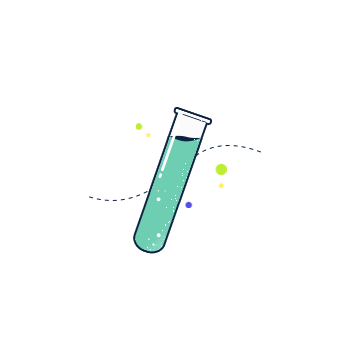
Blood test
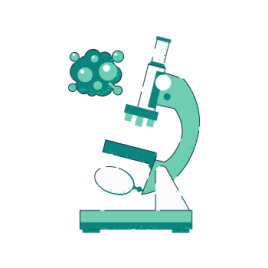
Biopsy of the tumor
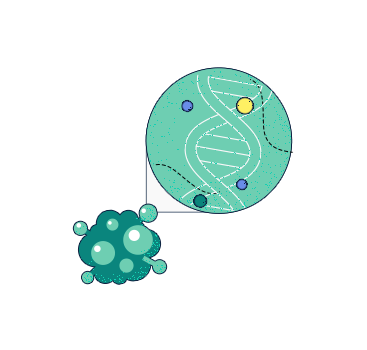
Testing for proteins and/or genes to look for known biomarkers
Biomarker testing and genetic testing may enable detailed characterization of some cancers
Some biomarker tests can find inherited genetic changes that you may have been born with that may increase your risk of cancer or other diseases. Genetic testing might help determine if you have certain mutations (for example, the BRCA gene) which could help inform treatment options.
Merck has been at the forefront of research to advance the understanding of biomarkers for certain cancers.
"We're fully invested in leveraging biomarker data to help inform cancer care."
— Dr. Scott Pruitt
“Across our oncology studies in every phase of development, we continue to incorporate multiple biomarker approaches to more fully understand biology as well as identify new targets of interest,” Pruitt said.
Discussing biomarker testing with a health care provider
If you’ve been diagnosed with cancer, it’s important to ask your doctor about biomarker testing. Start with these questions which may help you prepare for conversations with your doctor:
- Is biomarker testing appropriate for the type of cancer that I have?
- If there’s a chance my cancer was caused by an inherited risk factor, should I undergo further testing?


